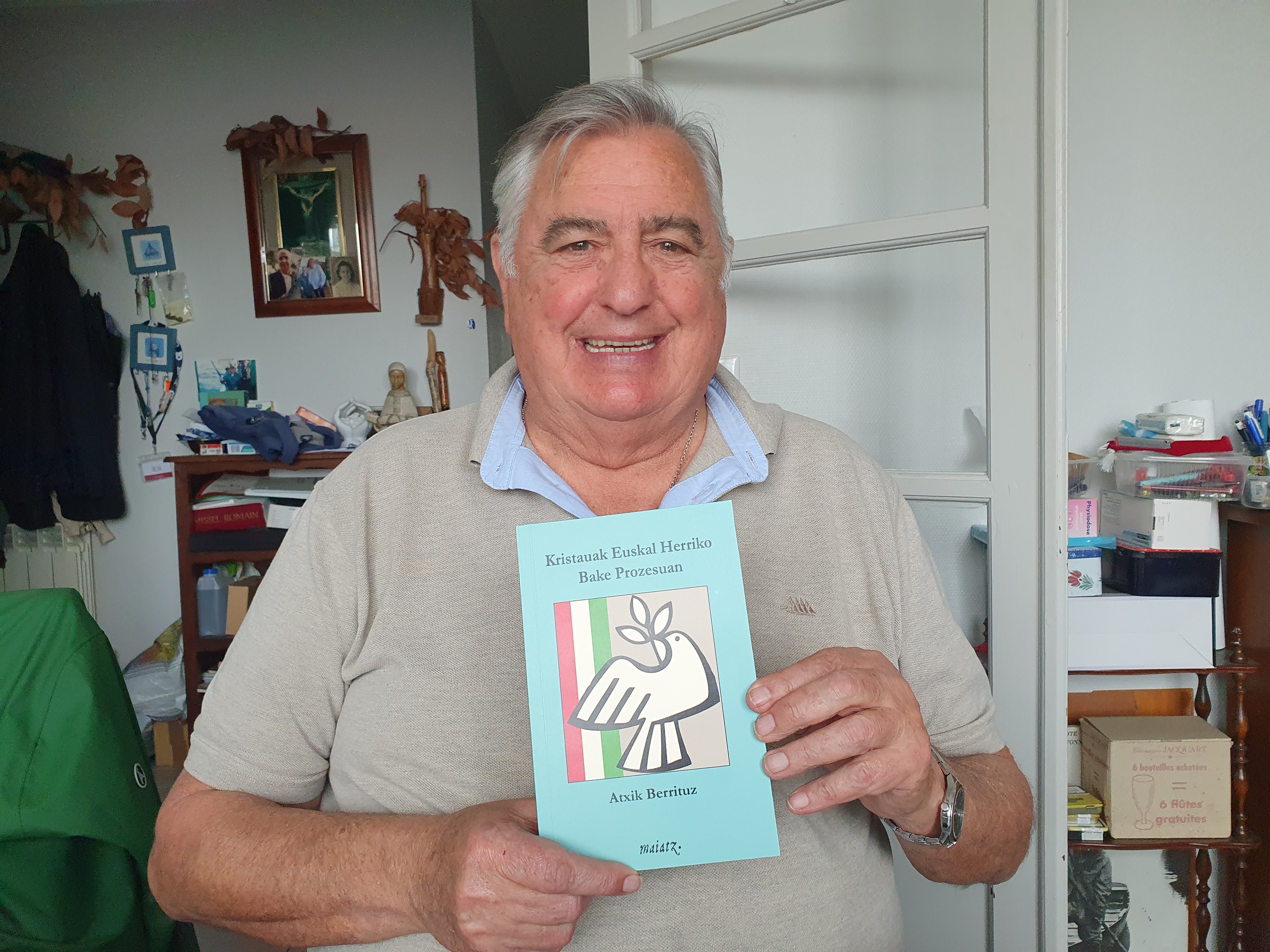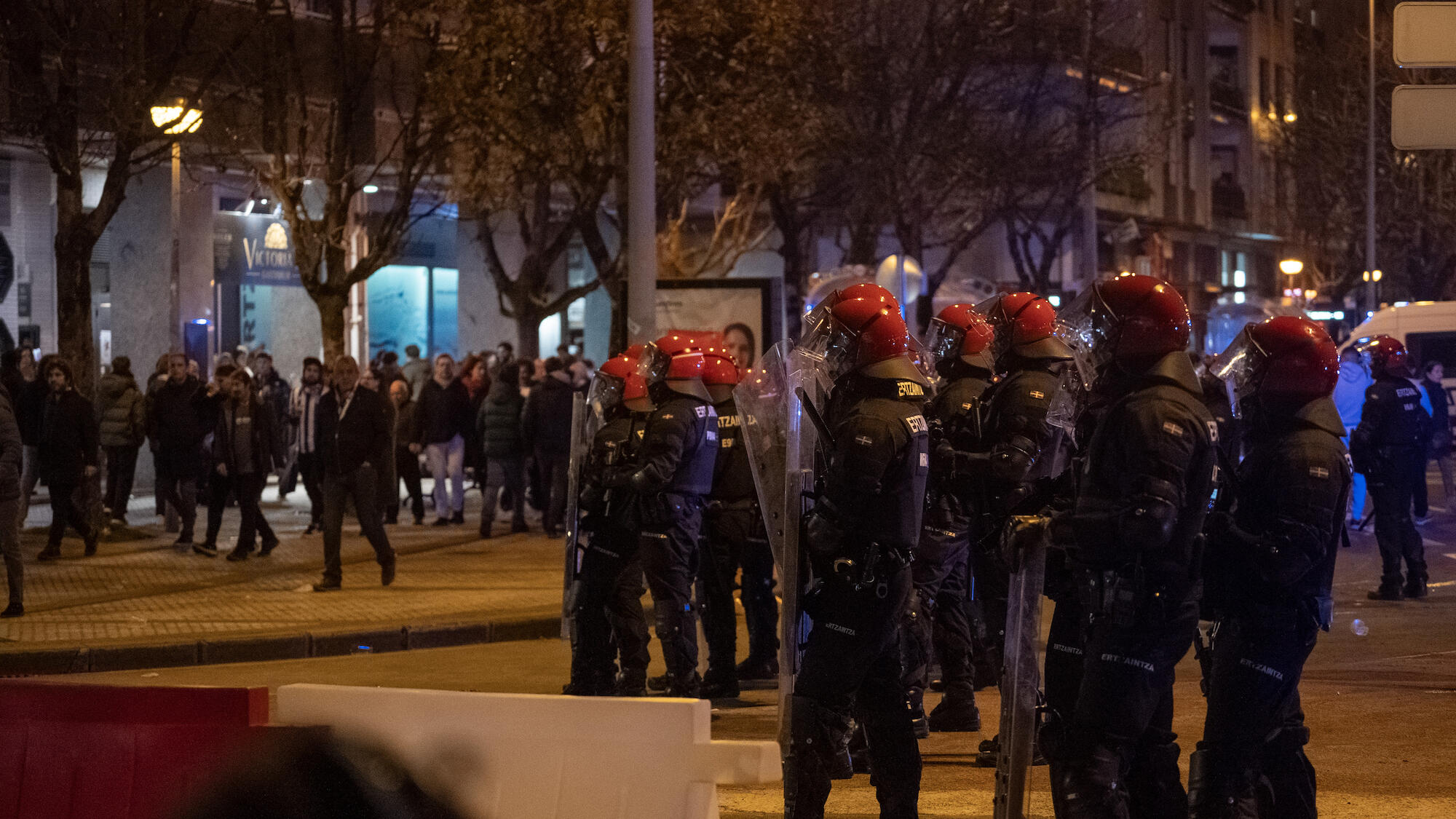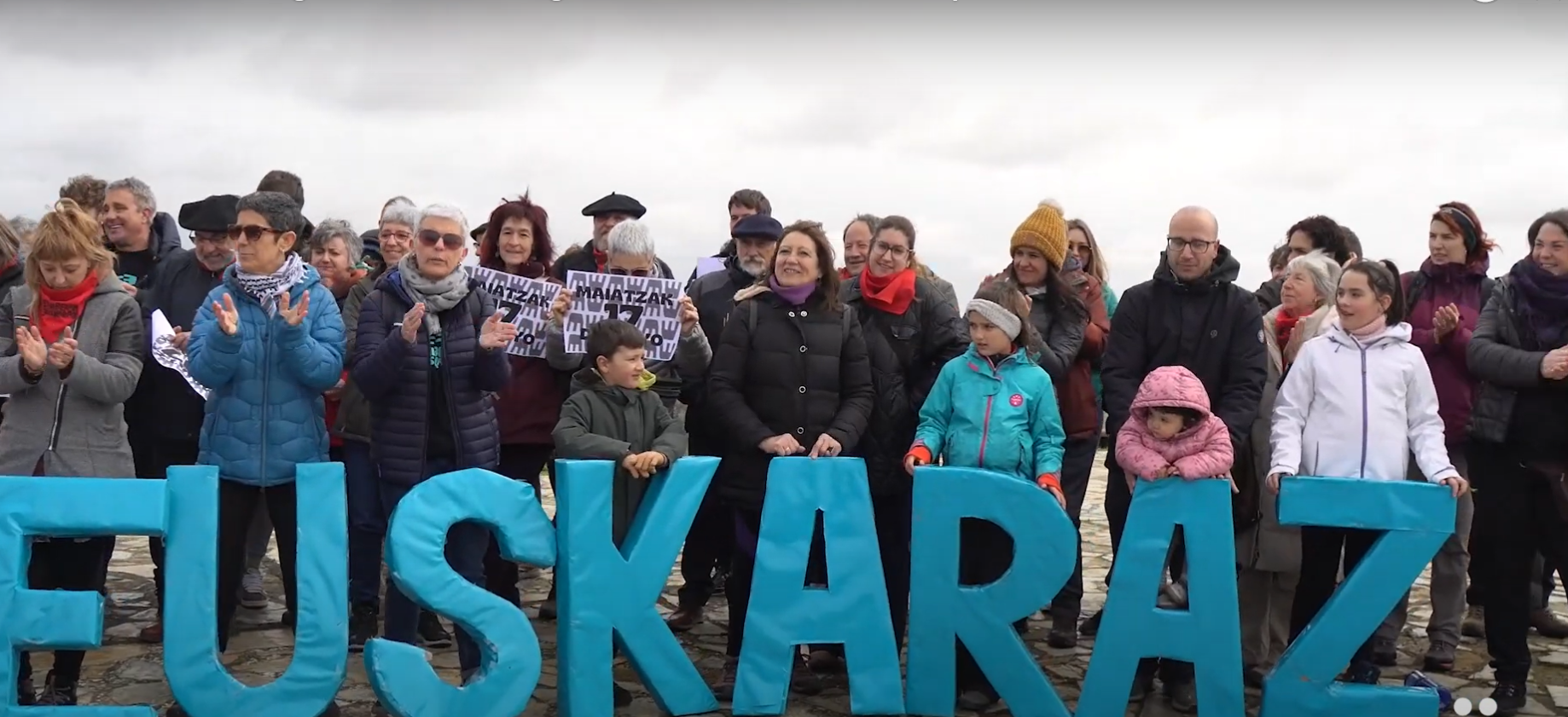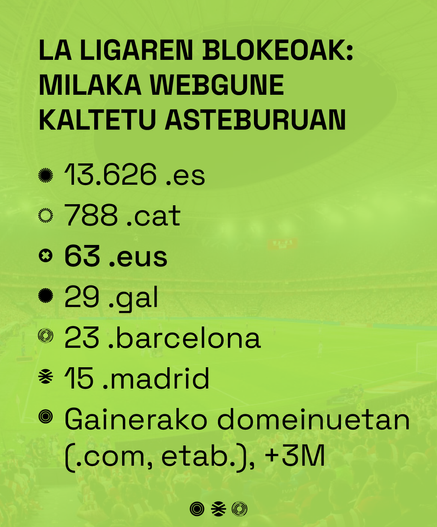Yasuni ITT has been the news of sustainability in August
- Ecuador refuses to extract the oil that lies underground in the region called Yasuni and in return the richest countries in the world will pay half of the money it would charge by exploiting the fuel, this is the essence of the treaty that was signed on August 2. It will be marked as a milestone in the history of sustainable development.
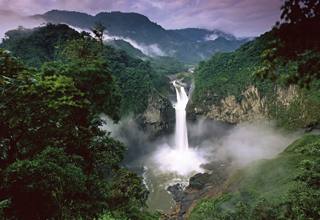
After almost three years of negotiations, the treaty was signed on behalf of the Ecuadorian state by Minister María Fernanda Espinosa at the conference on climate change held in Bonn, Germany. Some organizations advocating for sustainable development named the signing as follows: “The initiative represents a paradigm shift because it establishes a responsible use of natural resources.” The Yasuni
ITT agreement basically guarantees that Ecuador will leave the 846 million tons of oil that are said to be in the region underground without being extracted, in return for the United Nations Development Programme (UNDP) fund to manage the arrival in Ecuador of the 3.6 billion dollars donated by the rich countries of the world in the years that followed. In other words, Ecuador will acquire half of what it would gain if it exploited this oil. At the moment their participation has been confirmed by Belgium, Germany, Italy, Spain and the European Union.
The signatories hope that the Yasuni ITT (three letters summarize the geographical area, with the initials of the Ishpingo, Tambococha and Tiputini rivers) will bring great benefits. To begin with, the fact that all this oil remains underground means that the atmosphere will be polluted with 407 million tons less carbon; about as much as what France or Brazil emits per year.
Secondly, the natural heritage of Yasuní, which has the most abundant biodiversity in the world, will be protected, while the international money will help improve the situation in other regions of Ecuador. Third, it is expected to improve the social situation in the Amazon, which suffocates in poverty and is rich in resources. Finally, the Yasuni ITT Treaty can help change the patterns of energy consumption and development.
It must also be of special importance to the people of origin of the Amazon. People of the Huaorani ethnic group have been under intense pressure in recent decades at the hands of outsiders who have come to the jungle in search of wood, minerals and oil. At least two tribes among the Huaorani, the Tagaeri and Taromenane people, have refused to have any contact with the whites. The Covenant includes the preservation of their rights.
The signature, however important, is only a general framework. Now the politicians and intellectuals who have collaborated over the years with the Amazonian Bertatians, such as former deputies and ministers Alberto Acosta and Fander Falconi, or the Catalan professor Joan Martínez Alier, a well-known theorist and leader of political ecology, are trying to connect the details of this. The Ecuadorian authorities, notably the President, have been on the alert for the advances made during the signing of the treaty.
Infant ecologist or pioneer?
President Rafael Correa gave an unexpected surprise to the proponents of the Yasuní pact in December last year. He was about to sign in front of the world at the Copenhagen climate change conference, but not only refused to sign but Christ’s and said two against the promoters. Such as the fact that the main enemy of Ecuador’s progress was not the right wing, but the so-called “child ecology”.
Correa’s attacks forced Foreign Minister Fander Falconi and Parliament President Alberto Acosta to resign from office. They weren’t who they were, they were the founders of the País movement that brought the leftist Rafael Correa to power. Things seem to have changed since December, but those who have competed for many years to get Yasuni ITT ahead have reason to fear that Correa might change his mind tomorrow or the day after.
Alberto Acosta has clearly indicated what the next steps should be. To begin with, President Correa must publicly reaffirm that he will not be exploited by everyone in charge in the ITT region. It should also prevent oil searches around Yasuni’s borders.
It must closely monitor the damage caused by the roads that have been built for exploitation in the area. It must strictly guarantee the rights of indigenous people who have chosen to remain isolated. Yuri’s other dangers, basically big roads, illegal forestry, uncontrolled colonization and illegal tourism, must also be taken under control. And try to get Peru to take similar steps in areas across the border.
Acosta has seen two main dangers to avoid. Because it could happen that when Yasuni writes the small letters of the ITT, international financing is linked to the carbon emissions market or to Ecuador’s foreign debt. “The carbon market, that is, the comercialization of emissions by imposing conditions on poor countries, is a new form of colonialism,” writes Acosta.
Likewise, Acosta does not consider the REDD proposal acceptable, which is the extraction of forests and the reduction of emissions by deterioration. Through this program, promoted by the United Nations, rich countries promote any type of tree plantation, demolishing native forests and increasing harmful monoculture trees.
In spite of all these dangers that Acosta mentions, Joan Martínez Alier writes much more optimistically on the site Sin Permiso: In Ecuador the Yasuní Initiative ITT is interested in the triumph. Martínez Alier, however, confesses that he cannot understand very well what President Correa has done, one by giving wood to the ecological left and the next by signing the treaty.
Martínez Alier has highlighted the curious thing that has happened in Ecuador on this issue: here the forces have not been aligned with the leftist and environmentalist laws that often occur in the world on the one hand and the right on the other, the Yasuni ITT is said to have been defended by the right-wing media when Correa was barking against the “infantile environmentalists” in Ecuador.
There is one final objection to the treaty. I mean, the oil that they won't get out of there can be ripped off by the companies elsewhere. The old Martínez Alier also wants to be optimistic in this: The Yasuni could become a model for the entire Amazon, the regions with coal mines in India and China, the Niger Delta...
Footer of the photo: The Yasuni region is located 250 kilomtrums from the capital of Kito, in the eastern part of Ecuador. Its nearly 10,000 square kilometers (the surface of Navarre) were declared a Biosphere Reserve by UNESCO in 1989. It is covered by the tropical jungle. There is no other place in the world where there is more biodiversity per hectare than here, in mammals, sharks, amphibians, birds and plants. The territories are inhabited by Huaorani people (also known as Waorani or Waodani), some 4,000 of whom are voluntarily isolated. The Yasuni ITT agreement should ensure that the Huaorani’s way of life and the region’s pristine jungle are not destroyed in a few years. Since the word “yasuni” seems to mean “sacred land” in the language of the Bertatians, the Vice President of Ecuador, Lenin Moreno, in 2010 asked the Spanish academy to accept the word “yasunizar” with the following meaning: to fight in defense of nature.
You may not know who Donald Berwick is, or why I mention him in the title of the article. The same is true, it is evident, for most of those who are participating in the current Health Pact. They don’t know what Berwick’s Triple Objective is, much less the Quadruple... [+]
The article La motosierra puede ser tentadora, written in recent days by the lawyer Larraitz Ugarte, has played an important role in a wide sector. It puts on the table some common situations within the public administration, including inefficiency, lack of responsibility and... [+]
Is it important to use a language correctly? To what extent is it so necessary to master grammar or to have a broad vocabulary? I’ve always heard the importance of language, but after thinking about it, I came to a conclusion. Thinking often involves this; reaching some... [+]
The other day I went to a place I hadn’t visited in a long time and I liked it so much. While I was there, I felt at ease and thought: this is my favorite place. Amulet, amulet, amulet; the word turns and turns on the way home. Curiosity led me to look for it in Elhuyar and it... [+]
Adolescents and young people, throughout their academic career, will receive guidance on everything and the profession for studies that will help them more than once. They should be offered guidance, as they are often full of doubts whenever they need to make important... [+]
Atxik Berrituz giristino taldeak Kristauak Euskal Herriko bake prozesuan liburua argitaratu du Maiatz argitaletxearekin. Giristinoek euskal bake prozesuan zer nolako engaiamendua ukan duten irakur daiteke, lekukotasunen bidez.
Maiatzaren 17an Erriberako lehenengo Euskararen Eguna eginen da Arguedasen, sortu berri den eta eskualdeko hamaika elkarte eta eragile biltzen dituen Erriberan Euskaraz sareak antolatuta












